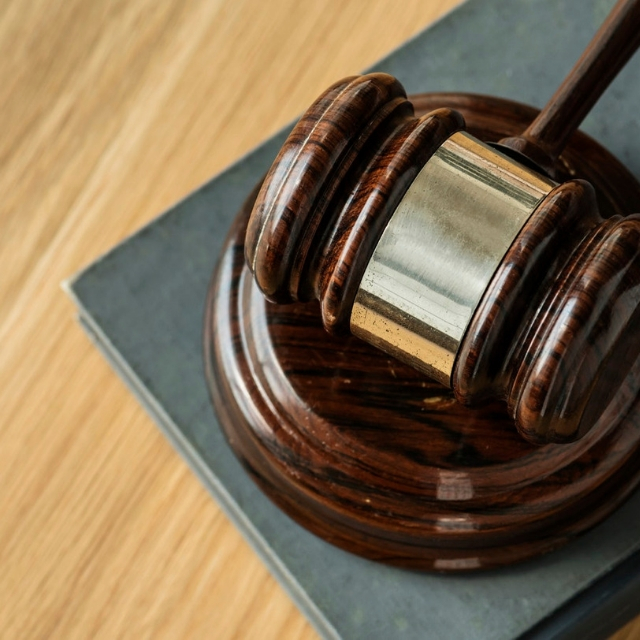Do I have to give evidence against my family member?
- Updated January 15, 2025
- By James Janke
- Reviewed by Drew Hamilton
Giving evidence in NSW is governed by the Evidence Act 1995 (NSW). In criminal proceedings, there are special rules governing when certain people are ‘compellable’ to give evidence for the prosecution, in a case against their family member.
A number of people have the right to object to giving evidence as a witness for the prosecution, including:
- A spouse
- A de facto partner
- A parent
- A child of the defendant.
The objection must be made before the person gives the evidence or as soon as practicable after they become aware of the right to object. The court is required to satisfy itself that those entitled to object to giving evidence are aware of their right to do so.
After an objection is made, the court will then determine whether the person will be required to give evidence or not. The person will not be required to give evidence against their family member if the court finds that there is a likelihood that harm might be caused to the witness, or that the relationship between that person and the defendant will be harmed. If harm might be caused, the court will then weigh up the nature and potential extent of the harm against the desirability of the person giving the evidence. The balancing exercise reflects the public interest in enforcing the criminal law but also recognises the importance in maintaining family harmony.
In order to weigh up whether it is desirable to require the person to give evidence, the judge can consider:
- the nature and gravity of the offence for which the defendant is being prosecuted,
- the substance and importance of any evidence that the person might give and the weight that is likely to be attached to it,
- whether any other evidence is reasonably available to the prosecutor,
- the nature of the relationship between the defendant and the person,
- whether, in giving the evidence, the person would have to disclose a matter that was received by the person in confidence from the defendant.
Ultimately, whether a person will be required to give evidence is a matter for the judge’s discretion.
The court must hear and determine the objection in the jury’s absence. Importantly, after the court has considered an objection, the prosecutor cannot comment on the objection, the decision of the court regarding the objection, or the failure of the person to give evidence.
Key Takeaways
- In NSW, certain family members have the right to object to giving evidence against a relative in criminal proceedings, including spouses, de facto partners, parents, and children.
- Objections must be made before giving evidence or as soon as practicable after becoming aware of the right.
- The court decides on the objection, balancing the harm to the witness or their relationship with the defendant against the need for their testimony.
- Exceptions exist where family members must testify, especially in cases involving domestic violence or child assault.
Exceptions to the rule
There are some circumstances where family members of a defendant in criminal proceedings will be required to give evidence for the prosecution, without the consent of the accused person, and despite objection.
A family member can be compelled to give evidence in proceedings for:
- a domestic violence offence committed on a member of the accused person’s family
- for a child assault offence committed on a child living in the household of the accused or on a child of the accused (regardless of whether that child lives with the accused)
- certain offences under the Children and Young Persons (Care and Protection) Act 1998, such as endangering children in employment, abuse and neglect of a child or young person.
Even in such circumstances, a court may excuse a family member from giving evidence if the offence that the accused is charged with is of a minor nature and the evidence the family member is likely to give is relatively unimportant to the case, or if there is other evidence about the same matters.
The ability to object to a requirement to give evidence for the prosecution against a family member reflects a recognition that unless the evidence is necessary, it is undesirable for the community to compel people to give evidence that could bring ‘punishment upon those they love, betray their confidences, or entail economic or social hardships’.
Hamilton Janke Lawyers have extensive experience in Criminal Law. If you need advice, you can contact the team 24/7 by calling 4038 1666.
Written By

James Janke
James Janke is founding partner at Hamilton Janke Lawyers, and has more then decade of experience as a Criminal Defence Lawyer. Admitted to both the Supreme Court of New South Wales and High Court of Australia




